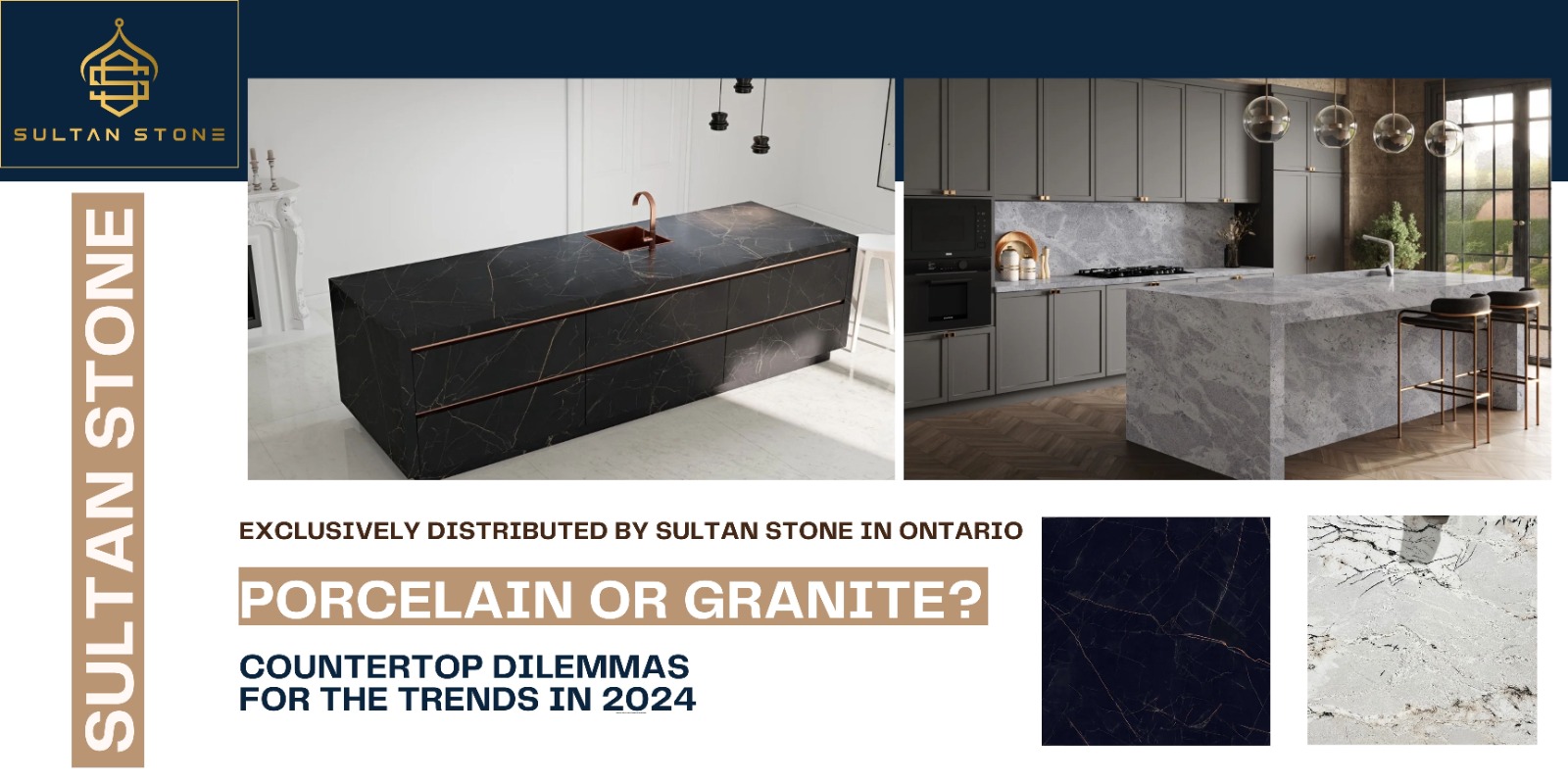Both porcelain and granite countertops have their own unique qualities, and the decision ultimately depends on your preferences, lifestyle, and design goals for the kitchen. Here’s a quick comparison of each to help you with the dilemma: Whether you’re drawn to the timeless beauty of natural stone or the modern elegance of engineered surfaces, you can find the perfect fit for your style and needs. Plus, the right countertop can also boost the future value of your home, making it an investment in both style and financial return. Get ready to transform your bathroom into a sanctuary of style and function while adding value to your home.
Understanding Porcelain and Granite – What is Porcelain?
Porcelain is a type of ceramic material that undergoes firing at extremely high temperatures, resulting in a highly durable and non-porous surface. Its composition includes a mixture of clay, quartz, and feldspar, which contributes to its density and smooth finish. Porcelain countertops are known for their versatility and a wide range of design options, making them a popular choice for modern kitchen countertops.
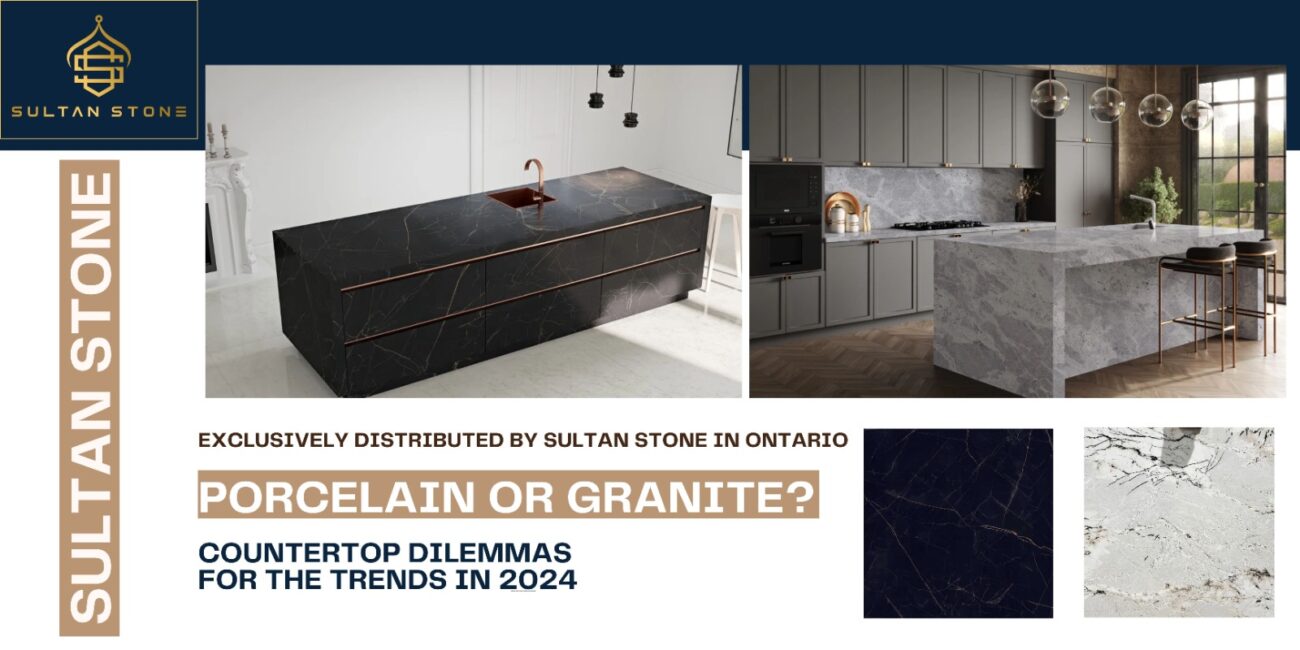
Porcelain Tiles Vs Porcelain Slabs: Key Differences
Porcelain slabs and porcelain tiles are both made from porcelain, but they differ in size, thickness, application, and cost. Here are the main differences:
| Feature | Porcelain Slabs | Porcelain Tiles |
| Size | Up to 10×5 feet, thicker | Smaller, up to 2 feet |
| Application | Seamless surfaces: countertops, walls | Versatile: floors, walls, backsplashes |
| Installation | Professional required | Easier, DIY possible |
| Cost | More expensive | More cost-effective |
| Design | Seamless look | Various patterns and mosaics |
| Durability | Highly durable, low maintenance | Durable, more grout maintenance |
Transform your home with the beauty and durability of SULTAN STONE porcelain slabs and natural stones. Your luxurious home is just one selection away. Let’s create something extraordinary together!
Contact us today! (647) 834-1720


 Quartz
Quartz Granite
Granite Porcelain
Porcelain Vanities
Vanities MDF
MDF Solid Wood
Solid Wood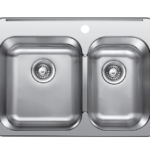 Kitchen Sinks
Kitchen Sinks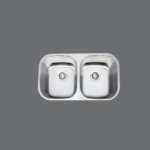 Signature Series
Signature Series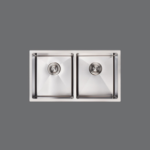 Premium Series
Premium Series Bathroom Sinks
Bathroom Sinks Faucets
Faucets Kitchen
Kitchen Bathroom
Bathroom